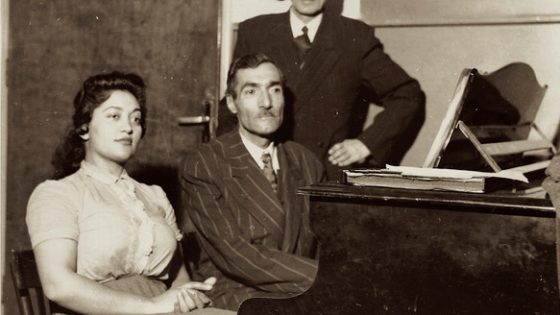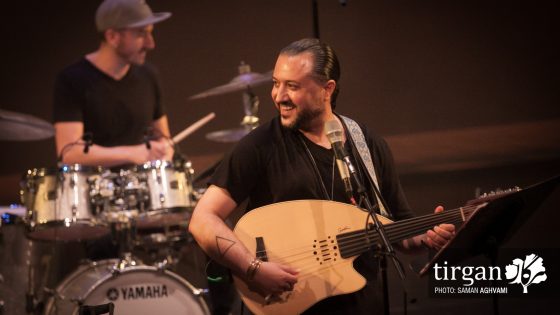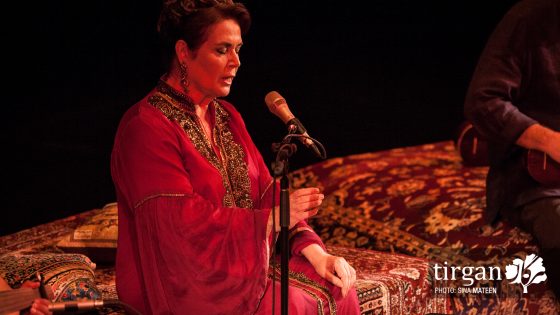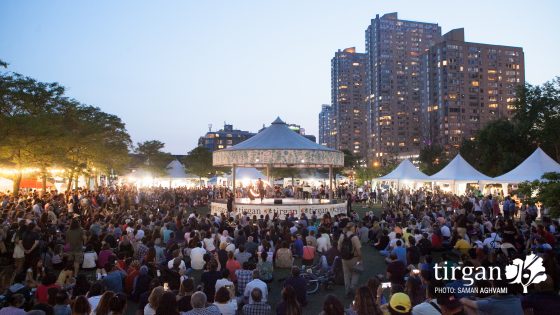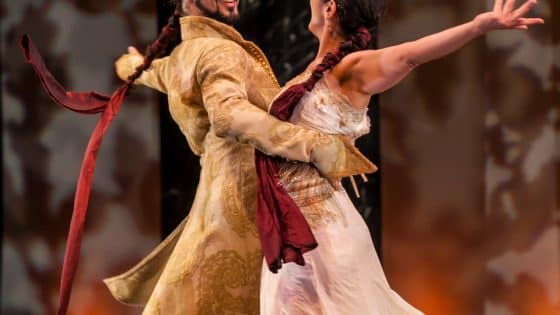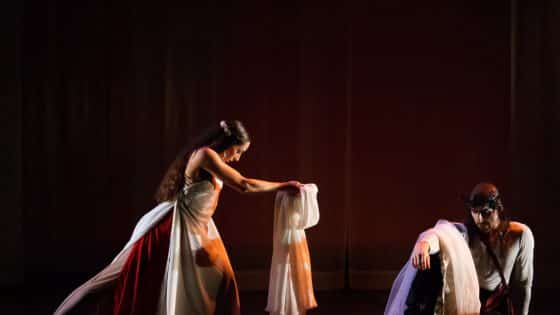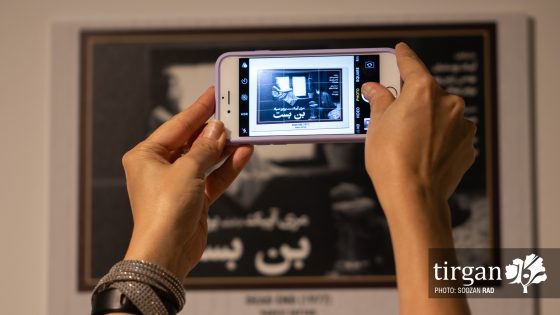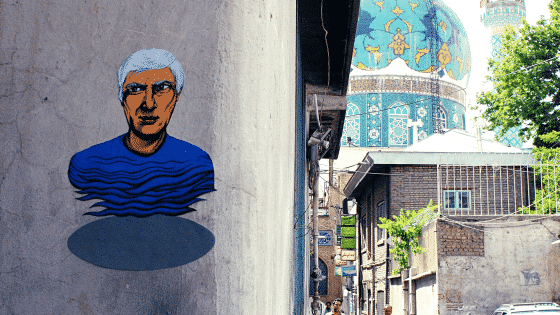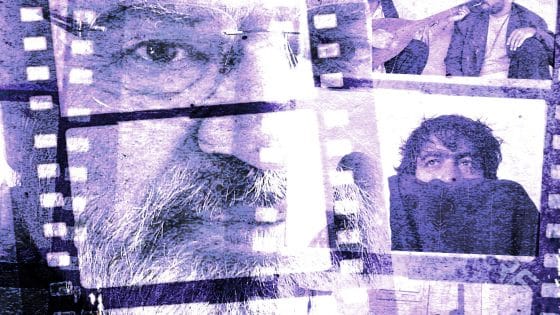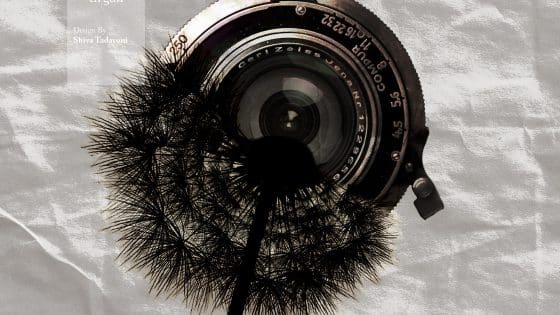Dick Davis is a scholar and poet. His scholarship focuses on the history of Iranian literature and poetry. He is also widely acknowledged as one of the most important English translators of Iranian literature today. He is participating in Tirgan this year, discussing medieval Iranian poetry and his recent translation of the landmark novel My Uncle Napoleon.
Over the years you’ve translated a variety of masterpieces from Persian into English. What about classical Persian literature and poetry do you think English readers continue to appreciate? Is Rumi’s popularity in the US today for reasons similar to Omar Khayam’s popularity in Victorian England?
I think it’s reasonable to say that the popularity of translations from Rumi is for similar reasons to the popularity of FitzGerald’s Khayyam in Victorian England, in that both speak to the Zeitgeist of English language culture at their respective moments; FitzGerald spoke to the Victorian loss of faith, its discovery of the vast vistas of unrecorded time (an understanding that is pervasive in Khayyam, but was fairly new in England then due to the recent discoveries of times past recorded in geology), and also its chafing at sexual repression; Rumi is popular because his verses are seen by many to fit a western New Age kind of spirituality outside of specific religious dogmas (this seems to me to be a real misinterpretation of Rumi, nevertheless it is one that is very common in the West).
In your widely cited essay On Not Translating Hafez you describe the “cultural” challenges involved in translating poetry from Persian into English. Which among these have you found to be especially difficult to reconcile? Is the notion of ‘reconciling’ even appropriate here?
There are specific motifs in Persian literature that are very common (e.g. the opposition of “rend” and “zahed”, the many references to pederasty…the allegorical use of wine and wine-drinking to indicate mystical aspirations and experience, and so on) but which have virtually no existence in the tradition of poetry in English. It’s very difficult to deal with these in ways that both make sense to an English speaking reader and also do not betray the meaning and tone of the Persian original. A translator can only do his best and hope that something of the original comes across strongly enough to speak in English.

Staying with Hafez, you describe his poetry as “an endlessly dense tissue” of poetic conventions that inhibit successful translation. Yet a few years later you try your hand at it. What caused you to change your mind?
Foolhardiness! A wish to make at least an attempt; I knew—and I know—I could not do justice to Hafez, but I thought I might at least be able to produce somewhat better English versions than many others that already exist. I’ve lived intimately with English poetry for well over 50 years, and with Persian poetry for about 40 years; I felt that I might be able to do something with this knowledge and familiarity that might perhaps bring over something of the feel and force of Hafez into English. Only something, of course.
You lived and taught in Tehran for several years until the revolution (1978-79). What was life like for a foreigner, pursuing the study of Iranian culture, in those years?
I didn’t really “pursue the study of Iranian culture” whilst I lived in Tehran; I took lessons from private tutors, on both language and literature (the first text my literature teacher had me read was book 1 of Rumi’s Masnavi; which was very hard for a beginner, and I went very slowly!). However, I made my living as a teacher of English. My serious academic study of Persian literature didn’t really start until I returned to England in 1978, and later on became a PhD student in medieval Persian literate at the University of Manchester.

To what extent has your own poetry been informed by your knowledge and fondness for Persian poetry?
Enormously. I learned how to write narrative poems by reading Persian narrative poetry, and even though my own few narrative poems don’t, I think, sound like Persian poems, I’m quite sure I couldn’t have written them if I hadn’t become familiar with Persian narrative techniques. I’ve also adopted Persian technical devices, such as mono-rhyme, for a number of my own poems. I love the intricate technical requirements of medieval Persian verse, and have tried to imitate something of these requirements in English. More generally there is a quality of delicacy and charm—perhaps best expressed by the Persian words latif and letafat—that is rare in English poetry, but which I have tried to introduce into some of my own poems. With how much success it’s not for me to say.
You’re participating in Tirgan this year. In addition to discussing medieval Persian woman poets, you’ll also be talking about your translation of the 20th century landmark novel My Uncle Napoleon. What about the latter work do you find compelling?
There were three separate reasons for choosing [this work] to translate. One is that when I did the translation Iran had a wholly negative image in the west, and I wanted to show that Iran was as much a country of humor, charm, domestic quarrels and sexual farce as any in the world; that it was not simply a country obsessed with religious self-righteousness and revenge, which is how it was largely seen in the west at the time. The second was to illuminate to some small extent Iran’s deep suspicion of the West, and the paranoia that can sometimes result from this (for example, in the figure of Uncle Napoleon himself). The third reason was technical and personal; I had never translated a modern work before, and I had never translated prose before: it was a challenge, and I wanted to see if I would manage to meet the challenge successfully. The hardest parts were the dialogue, which I often recast many times.
No doubt a lot of our readers will be unfamiliar with the world of Persian literature and poetry. What suggestions can your offer them about where to begin?

What a huge question! I wouldn’t presume to answer for modern Persian literature, but for medieval or “Classical” literature, I’d say start with Ferdowsi’s Shahnameh (The Book of Kings) It’s long, but read at least the first half, at least till the death of Rostam. Read the Qabus Nameh, a charming book that gives a wonderful picture of medieval Persian court life. Read a romance, either Vis and Ramin or one by Nezami (they’re very different … Vis is sexy, Nezami’s romances are more spiritual); read as much lyrical and epigrammatic verse as you can. See if Rumi speaks to you (but if you’re reading him in English make sure you get real translations, not fake ones, of which there are many about). Break your heart trying to understand Hafez, and then allow him to console your heart when it’s broken.
The Paykan
Dance Interrupted: Longing for Iranian Roots


